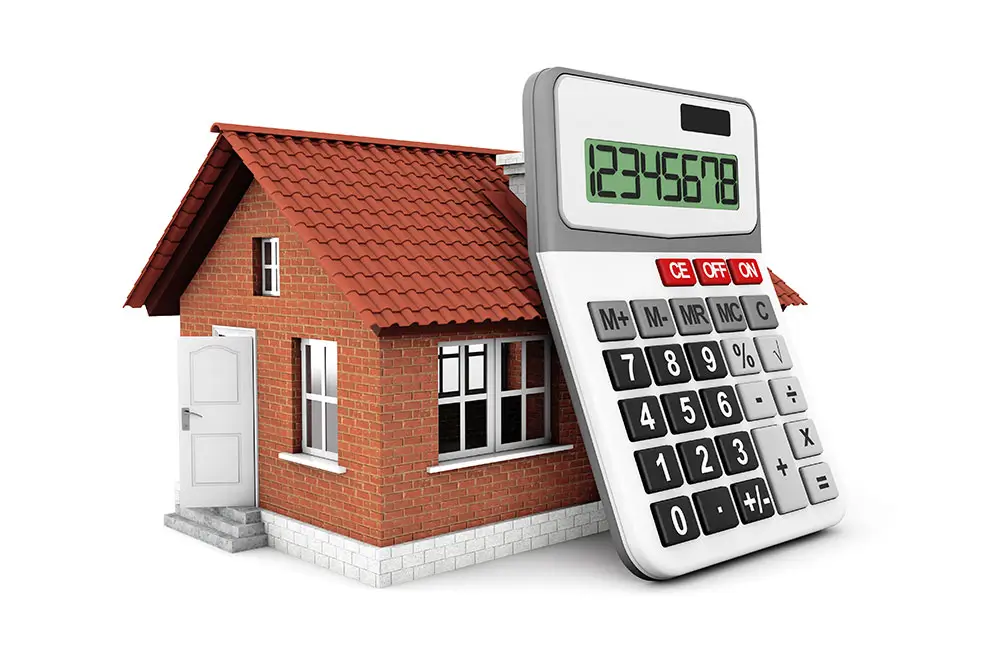Getting Ready To Buy Orange County Real Estate
Purchasing a property is probably one of the biggest financial decisions you will ever make. Regardless of whether you are a first time home buyer or experienced investor, you must make careful decisions throughout the buying process. Below are some things to consider before you buy.
Why Are You Buying?
Are you tired of paying expensive rent or simply outgrown your current home? Are you looking for an investment property? Having a clear sense of your “why” behind a new purchase will help you evaluate the right factors and choose the best property.
Are You Ready to Invest?
Property ownership has been one of the top strategies for building wealth - and still is! Whether it’s your first home and you’re building your first asset, or looking for a rental property, it’s a great time to invest. Property investments are also some of the most stable assets to build and don’t carry the risk like other forms of investment, such as stocks or collectibles.
When you are ready to get started, call us at 949.929.5940 or complete this short form and one of our agents will be in touch.
Other Things To Consider
Get Your Financials in Order
Now is not a good time to make sudden career changes or large purchases. You want to approach your property purchase from a position of financial stability. Large purchases or loans can affect your credit and balance sheet in a way that can limit your buying options. Your credit score will hold a significant impact on the type of property you can buy, your interest rate and overall property price. We can work with one of our preferred lenders to get an updated credit to know exactly where it stands. The lender will research your credit ratings from the three credit reporting agencies Equifax, Experian and TransUnion. We are happy to recommend seasoned, knowledgeable lenders in the residential, construction, and commercial and investment real estate fields.
Organize Your Finances
When it’s time to make an offer, you’ll want to know you’re fully prepared to close the deal. In order to avoid delays, bidding wars, or conflicts, preparing your financials is crucial.
- Bank accounts
- Recent pay stubs
- Check Your Credit Rating
- Financial statements
- Investments
- Tax returns for two years
- Credit cards
- Auto and other loans
- Copies of leases for investment properties
- 401K statements, life insurance, stocks, bonds, and mutual account information
Pre-Qualified Vs. Pre-Approved
The difference is the verification process lenders use to determine how much you qualify for. With a pre-qualification, lenders rely on self-reported information to offer you a quote. It doesn’t typically require them to verify your credit, employment, or financial documentation. On the other hand, pre-approval involves verifications to approve you for a mortgage loan. Lenders review your credit, verify your employment, and look at financial documentation, like pay stubs, bank statements, and tax returns.
A pre-approval is a stronger indication to the seller that the offer is solid and will close.
Get In Touch
Tips For Buying The Perfect Home

Don’t Max Out Your Budget
Just because you’ve been approved for a max amount, doesn't mean you should spend it all on the home's sale price. You will want to set some of that aside for closing costs, taxes and potential home repairs or remodeling.

Get To Know The Area
Make sure the neighborhood works for you and your family - are you close to schools and is shopping conveniently located? Location is important because it’s the one feature that can’t be changed.

Don’t Skip The Inspection
Inspections are worth their weight in gold and will draw attention to problems you may not otherwise see, giving you peace of mind and letting you make more informed decisions about your purchase.

Get Pre-Approved
Getting pre-approved by a lender lets the seller know you are serious and ready to purchase a home and that you are not just window shopping. Check out our list of recommended lenders here.

Make a List of Deal Breakers
Know what you can live with and what you cannot live without and also those things that can be taken care of with a simple remodel. If you need a 4 bedroom home, don't buy one with 2 that requires a massive addition which can break your budget.

Look At The Age Of Appliances & Other Systems
Some of the most expensive features of a home are Appliances, HVAC, Hot Water Heater, Septic/Well, and Roof. You should pay attention to their age and whether they have required service. You may even be able to get the seller to add a home warranty.

Check For HOA Requirements
Most neighborhoods have HOAs that govern what you can and can't do - be sure you know what the rules are for your neighborhood, and the fees associated with having an HOA. They are usually listed as annual fees.
ONE PARTNER FOR ALL YOUR REAL ESATE NEEDS
Areas We Serve
- Orange County
- Irvine
- Newport Beach-CDM
- North Orange County
- South Orange County
- Anaheim
- Huntington Beach
- Mission Viejo
- Los Angeles
- Long Beach
- Riverside
- Temecula






